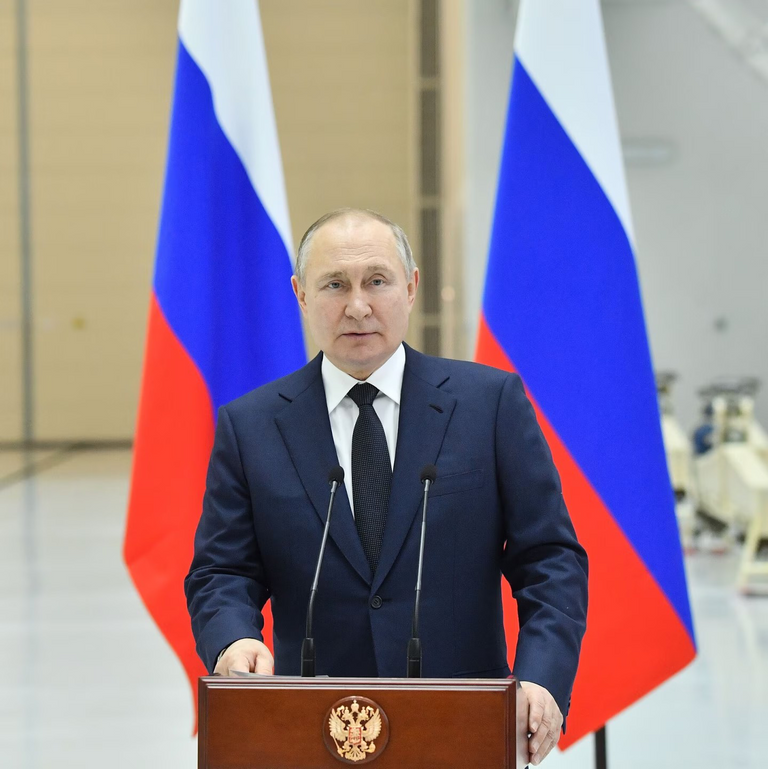Russia's Current Debt Defaults Could Lead to the Freezing of Her Central Bank Assets, Says Economists
One of the implications of the Russian military invasion of Ukraine is the immediate sanctions placed on her due to her refusal to adhere to the ceasefire rules that was put in place by the US and other peace loving nations around the world.
The invasion of Ukraine by Russia's military operations saw economic sanctions that have increased the likelihood of Russia losing her major Central Bank Assets most especially, in her foreign reserves.
Prior to Russia's invasion of Ukraine, they were supposed to pay parts of debt to the United States but the invasion and the sanctions created a caveat on that payment.
Russia is ambling toward a major default on its foreign debt, a grim milestone that it has not seen since the Bolshevik Revolution more than a century ago and one that raises the prospect of years of legal wrangling and a global hunt by bondholders for Russian assets.Source
The looming default is the result of sanctions that have immobilized about half of Russia’s $640 billion of foreign currency reserves, straining the country’s ability to make bond repayments in the currency the debt was issued in — dollars. Girding for a default, Russia has already pre-emptively dismissed it as an “artificial” result of sanctions imposed by the United States and its allies, and it has threatened to contest such an outcome in court.Source
If Russia losses $640 billion of it's foreign reserves, it'll affect them in a multifaceted way: first, it'll affect them in paying bonds on the country's currency. The inability to settle these bonds could lead to the devaluation of the Russian currency. Secondly, it'll lock Russia's prospects of borrowing from the international capital market, which is detrimental to the country's development in all ramifications.
Prior to the war, Russia had several prospects of entering into bilateral agreement with the United States and other European countries but the invasion has barred that prospects. Already, this year had a bright future for the Russian economy of which the war has collapsed.
This past week, Moody’s warned that Russia’s payment of about $650 million of dollar-denominated debt in rubles on April 4 could be considered a default if it does not reverse course and pay in dollars by May 4, when a 30-day grace period concludes. That followed a similar warning earlier in the week by S&P Global, which placed Russia under a “selective default” rating.Source
The implication of Russia's refusal to pay the default debt have not been concluded yet.
Finally, it should be noted that the resultant effects of Russia default debt is more of political than economic and could be traced to two things: Russia's refusal to end her offensive airstrikes in Ukraine and lastly, on Russia's decision to stop the supply of natural gas to Western Europe if they don't pay in roubles.
Thank you.
Source:

Congratulations @creativehive! You have completed the following achievement on the Hive blockchain and have been rewarded with new badge(s):
Your next payout target is 50 HP.
The unit is Hive Power equivalent because post and comment rewards can be split into HP and HBD
You can view your badges on your board and compare yourself to others in the Ranking
If you no longer want to receive notifications, reply to this comment with the word
STOPTo support your work, I also upvoted your post!
Support the HiveBuzz project. Vote for our proposal!